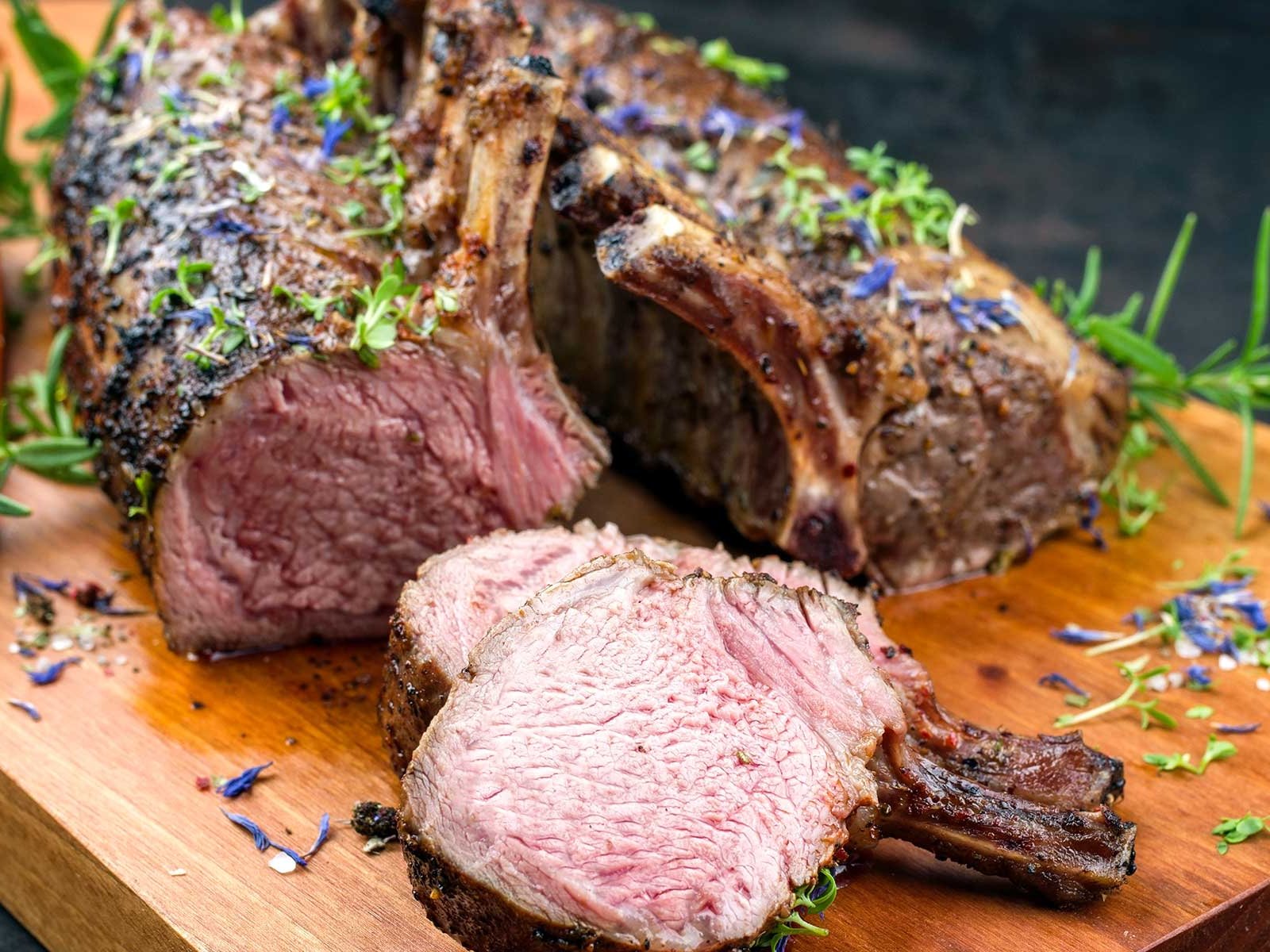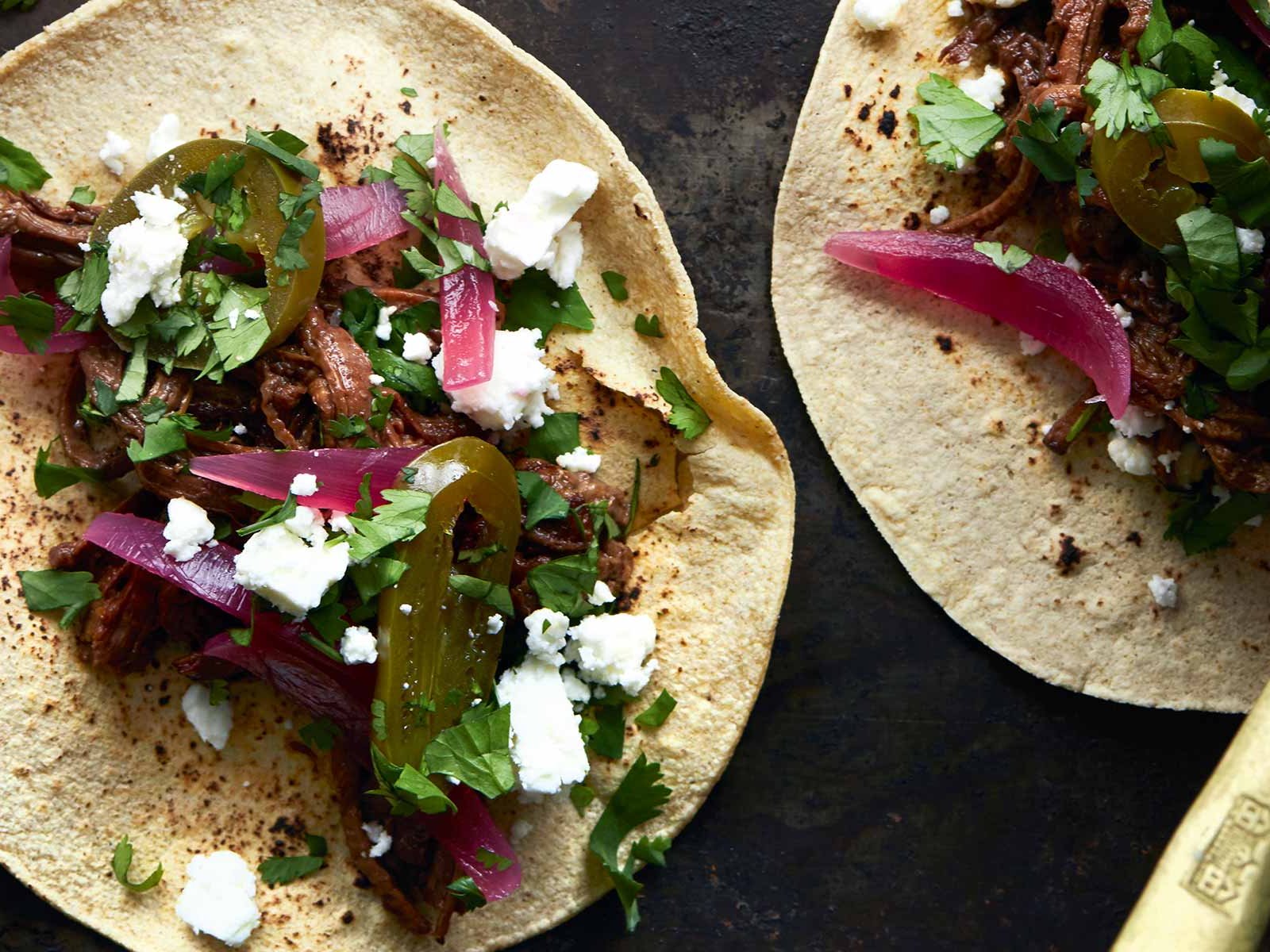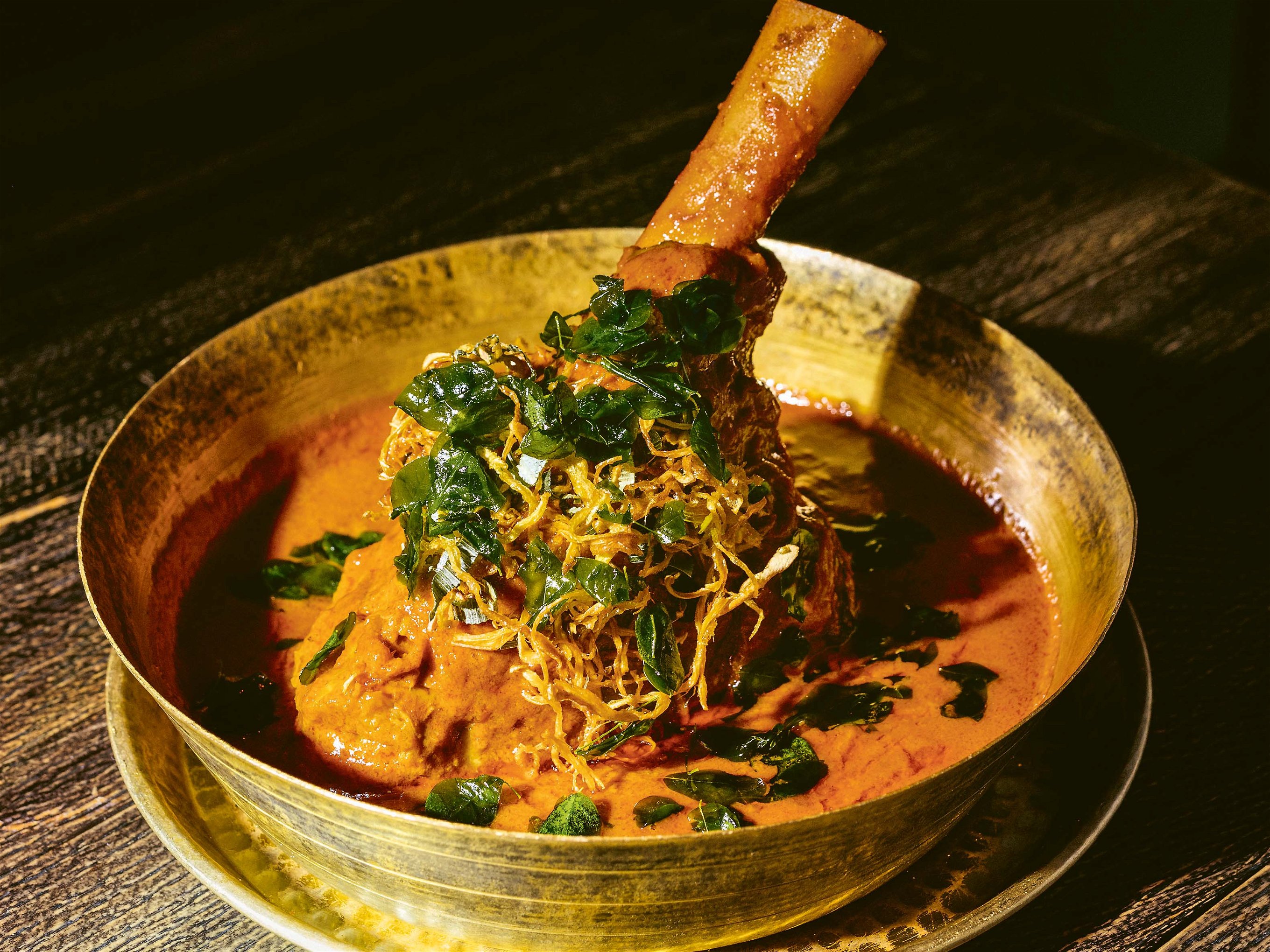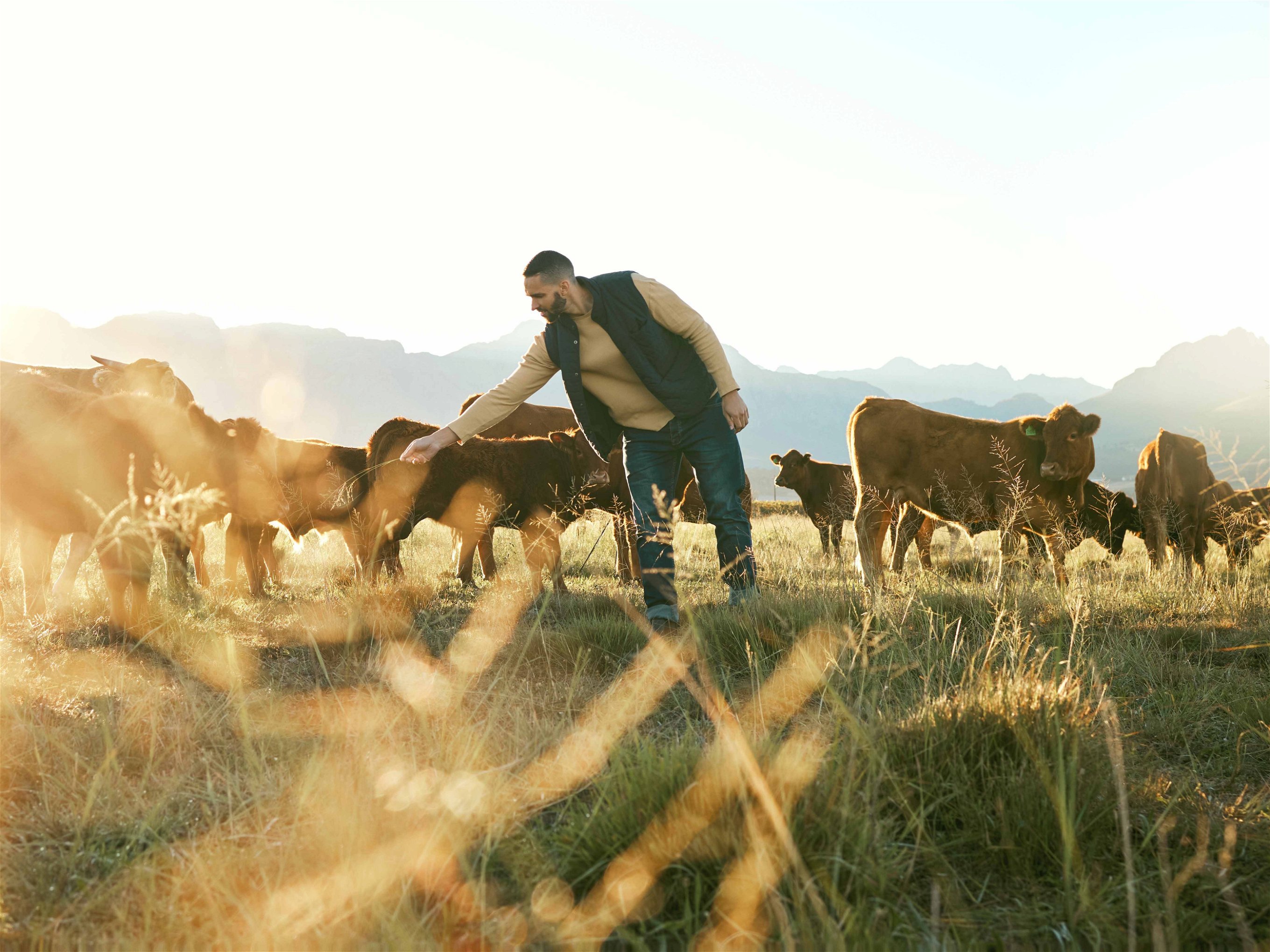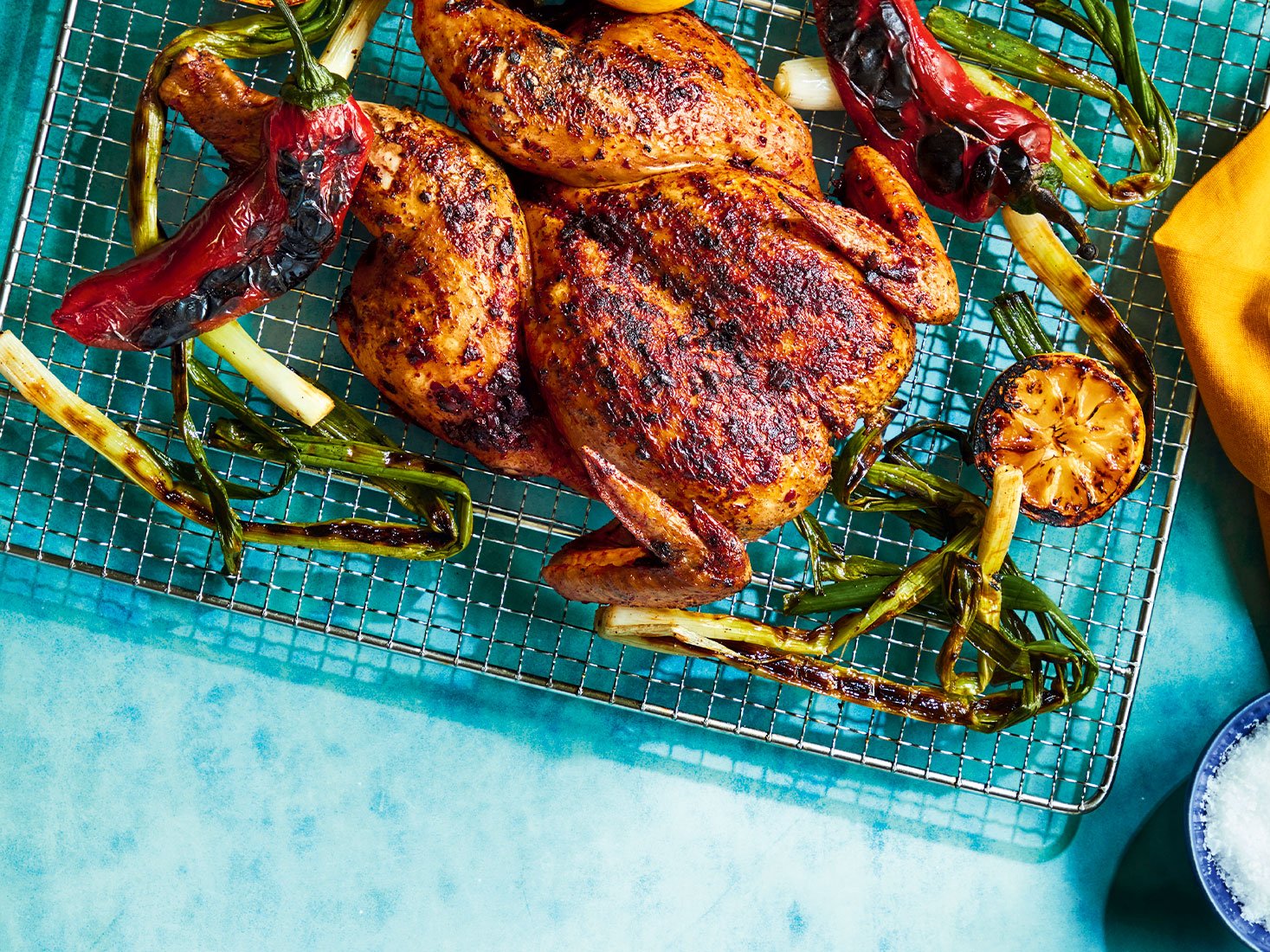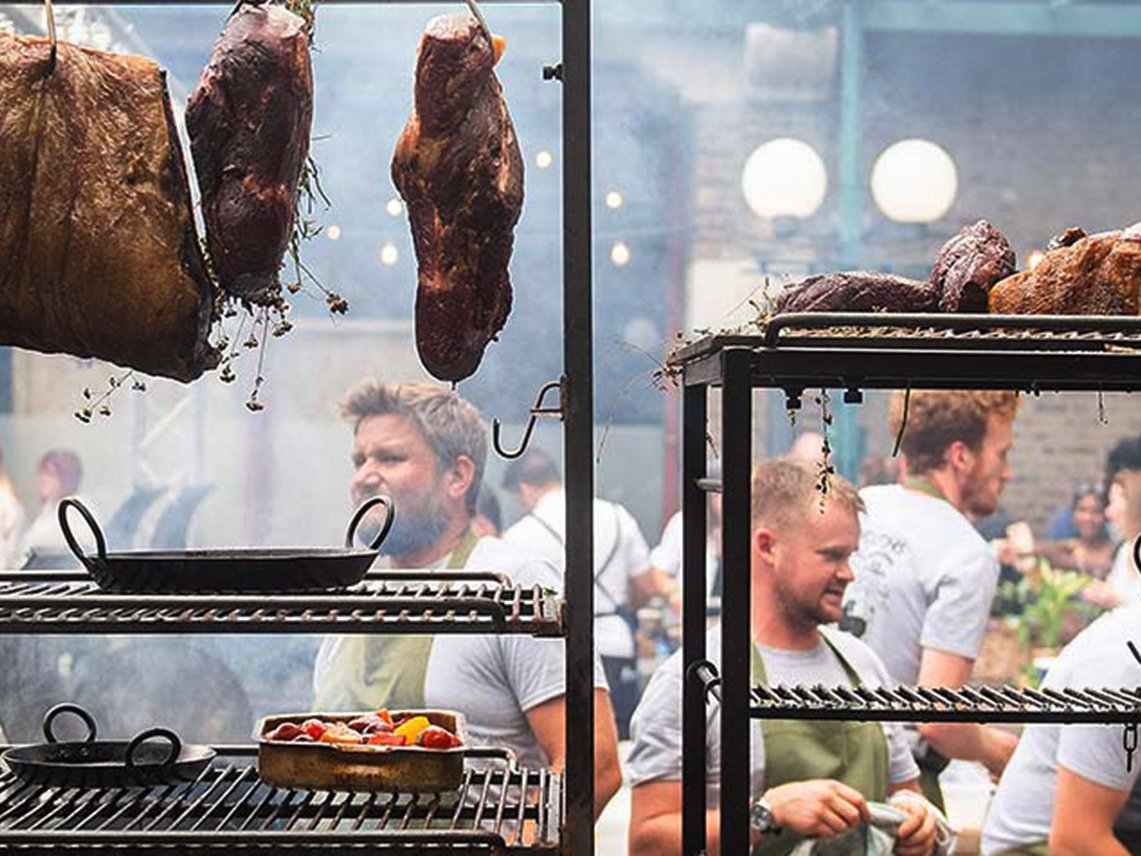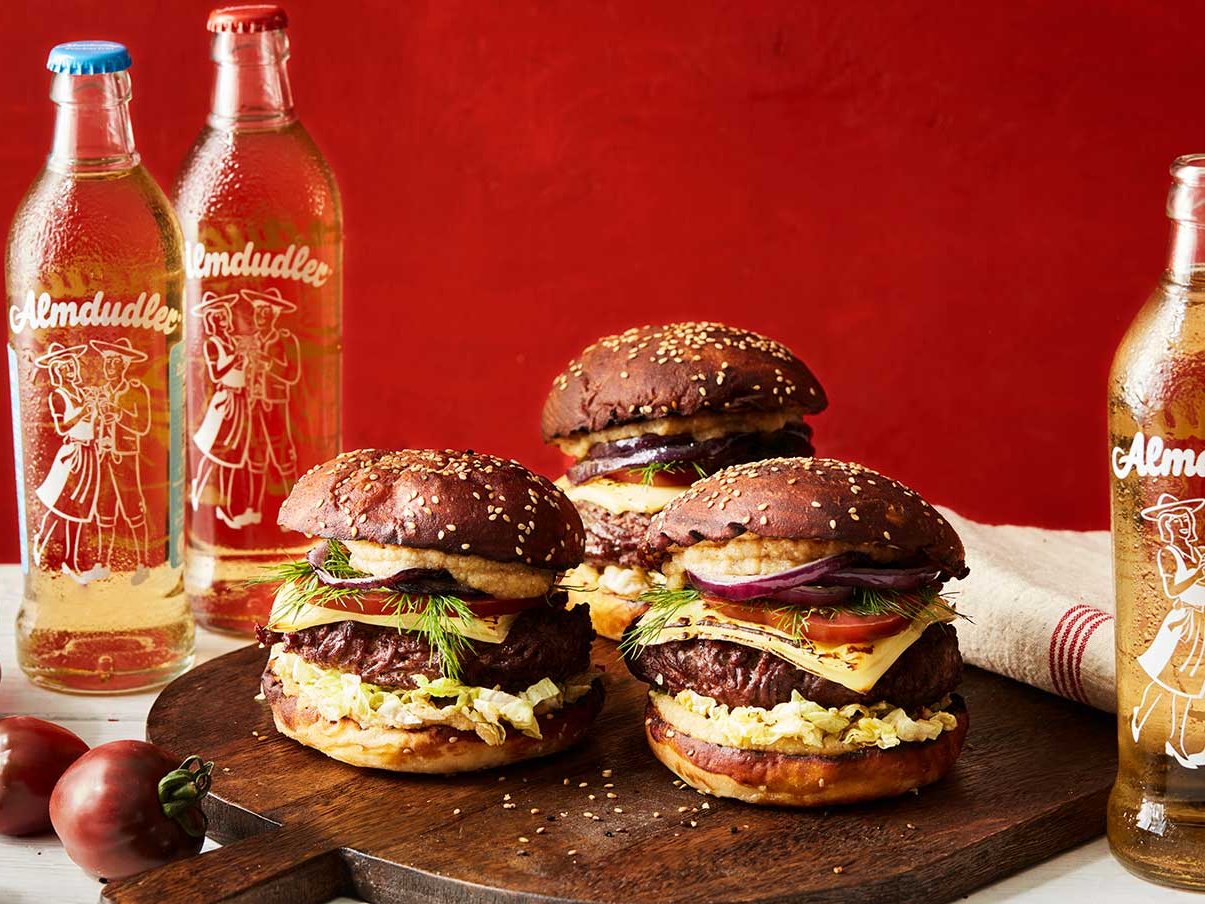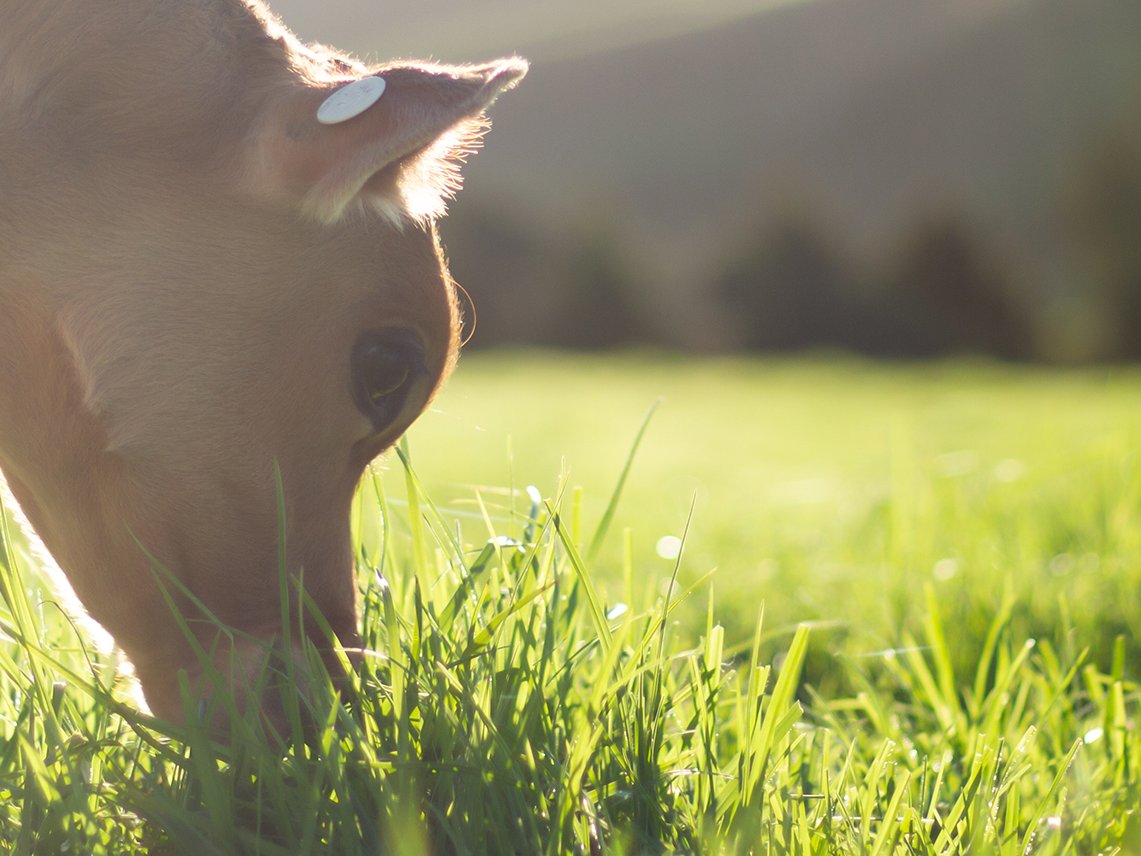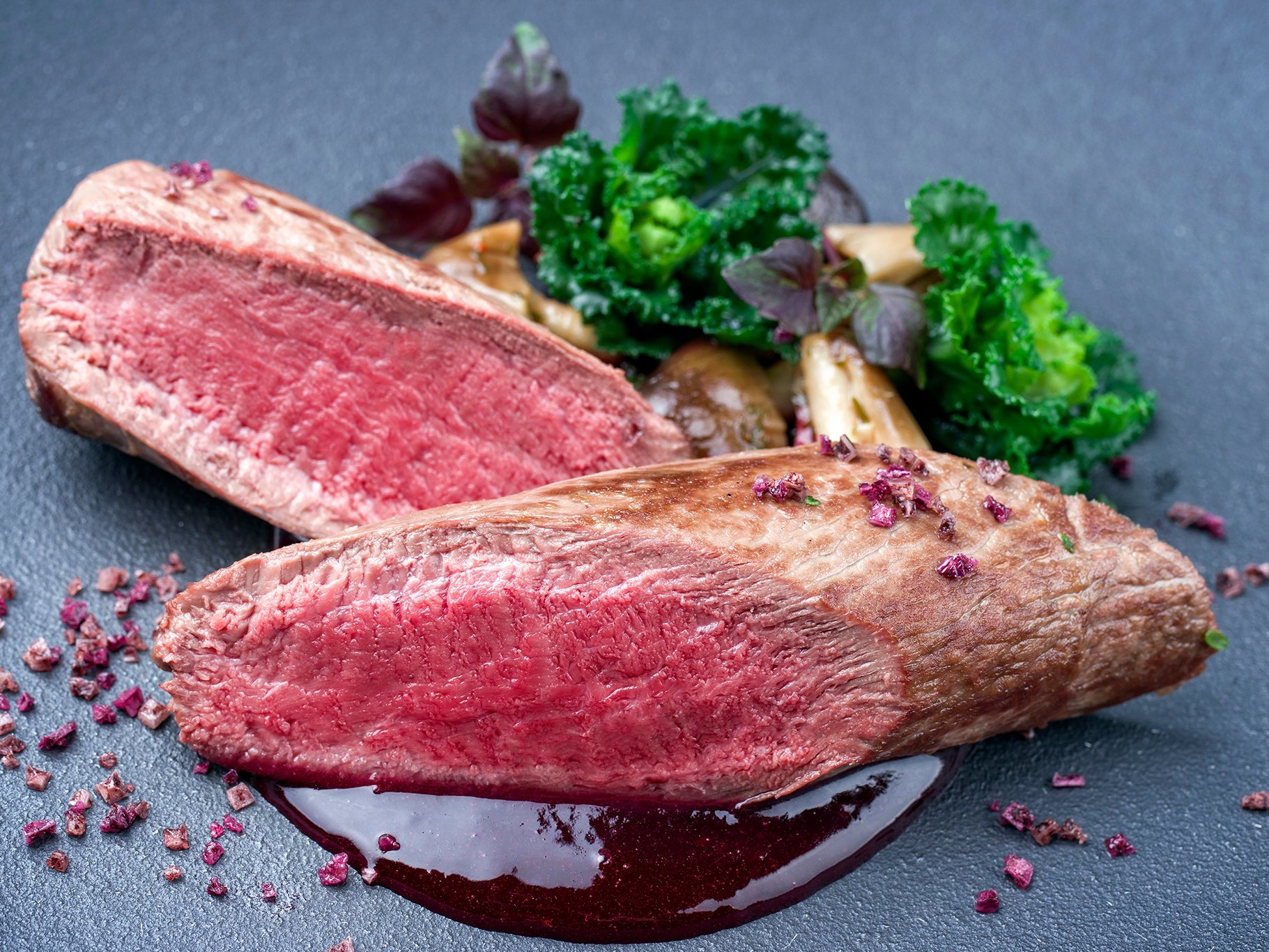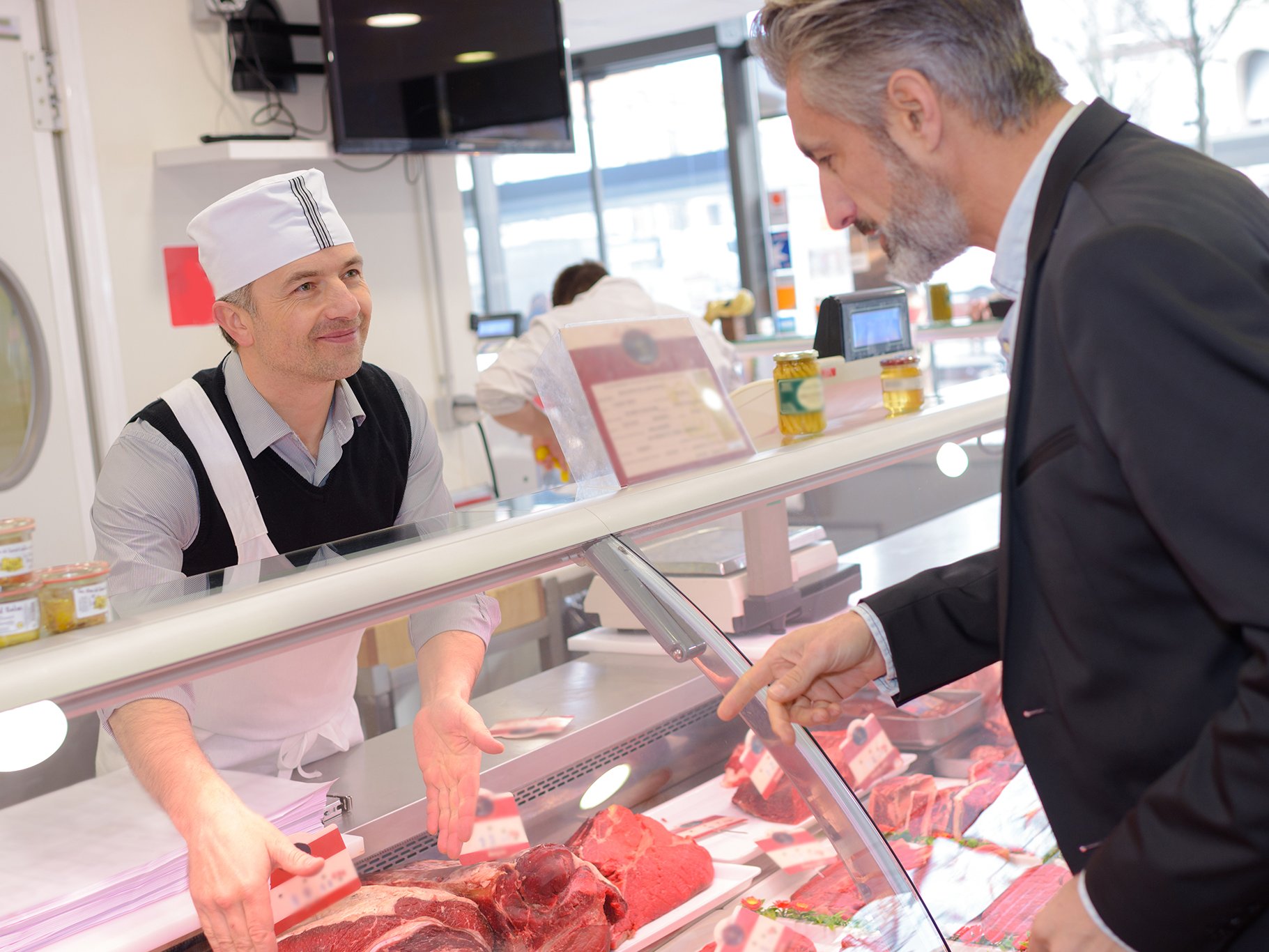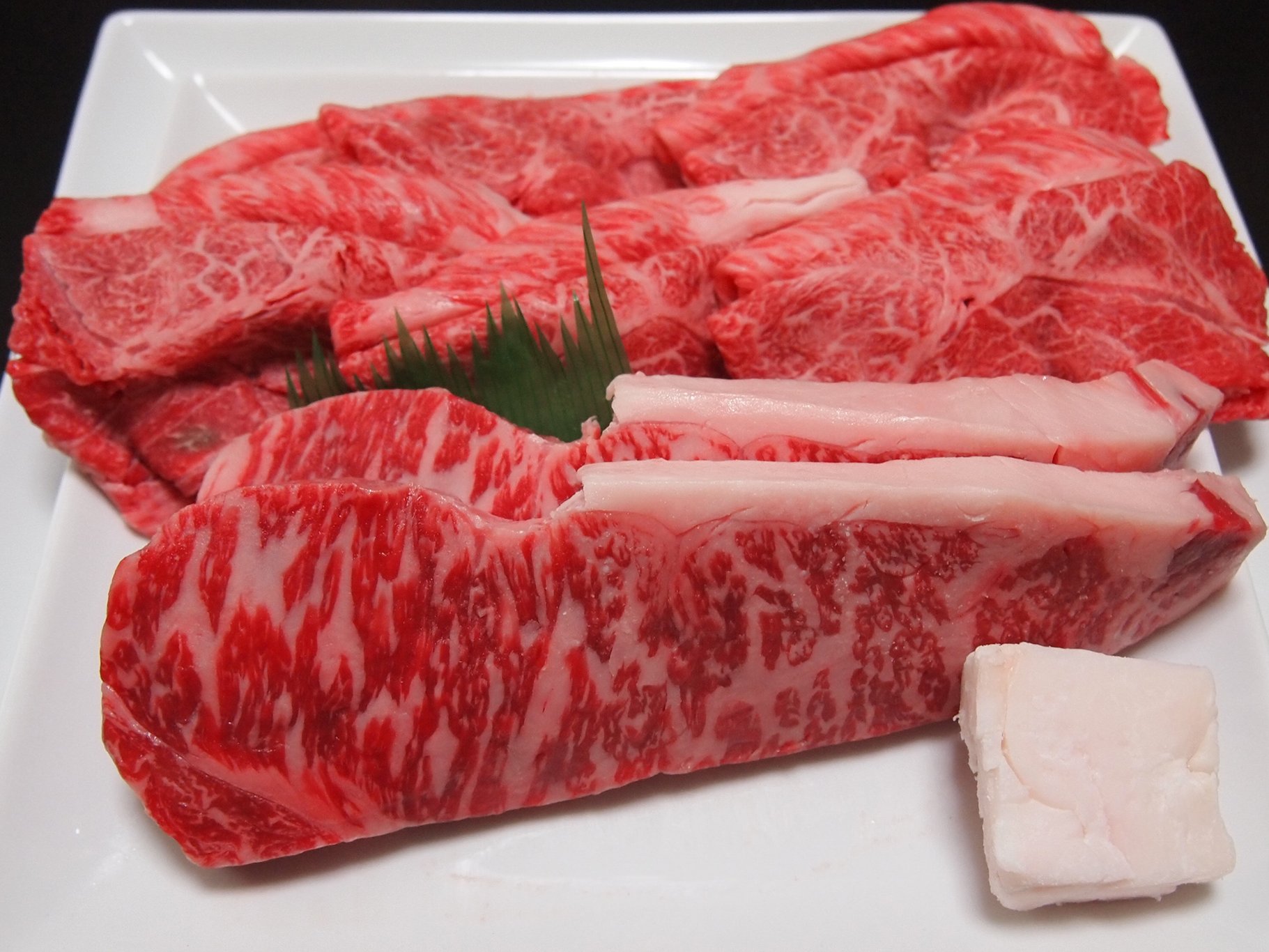Singapore proves the hub of cultivated meat
Singapore enjoys its status of becoming the first market to approve the commercialisation of a cultivated protein.
A year after Singapore approved Good Meat’s new alternative chicken for production and sale, eyes are now on how its alternative protein sector is anticipated to grow, and its influence on the global expansion of cultivated meat. The regulatory approval of Good Meat’s new chicken products in Singapore in December 2021 marked a turning point for the alternative protein and cultivated-meat scene. Until that point, the sector had been researching and developing meat-mimicking products and processes in laboratories worldwide without the go-ahead to enter commercialisation.
Approval by the Singapore Food Agency (SFA) signalled a new era for cultivated meat, suggesting mainstream uptake is not far away. The Good Meat brand launched its first meat-mimicking product in late 2020, which is created from animal cells, and today the company is preparing and investing in large-scale production. With a focus on the Singapore market, the brand is manufacturing systems and equipment that it hopes will allow for “significant increases” in production capacity. The aim is for the scaled technology to be available in 2023.
Singapore sets the scene
Singapore has been the only market to grant approval for the commercial sale of a cultivated-meat product for nearly two years. However, the Good Food Institute (GFI) APAC, an Asia-based alternative protein think tank, does not expect this distinction to last too much longer. “As other nations increasingly seek to follow the city-state’s lead, we expect that Singapore will make an important pivot by trading its early-adopter status for a powerful, new role as the world’s test bed and launch pad for climate and food security solutions,” says Mirte Gosker, Managing Director at GFI.
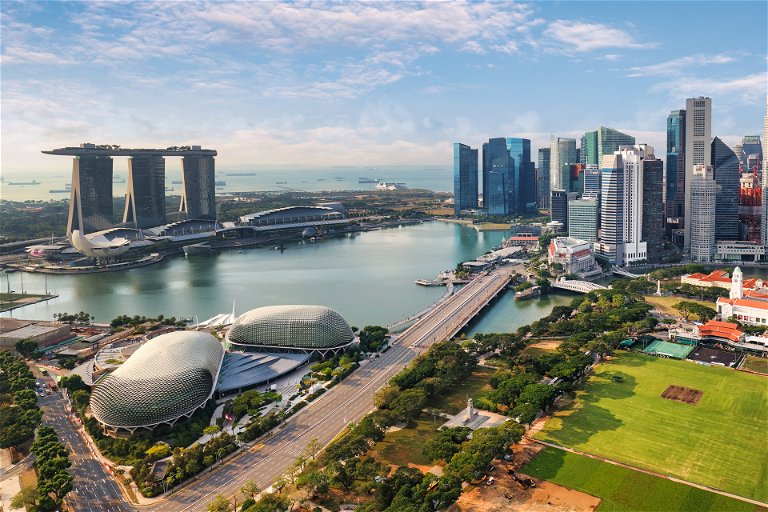
Within the conventional food space, Singapore already serves as a key test market and gateway to other Asian countries. Its status is due, in part, to Singapore’s multi-ethnic population and an outsized presence of global research and development (R&D) facilities located in the city, Gosker says.
Singapore is evolving as other nations begin to allow imports and commercial sales of cultivated meat. It is expected to go from being a unique place where novel foods can be sold to a destination where globally cultivated food producers come to fine-tune and market-test their products before exporting them worldwide.
Singapore is a hub for cultivated food based on a number of factors. Professor William Chen, director of NTU Food Science and Technology Programme at Nanyang Technological University, says this includes “well-established tech capabilities, highly skilled talent pool and support infrastructure in the related biomedical field”. Consumers have been exposed to a broad spectrum of foods due to the cosmopolitan nature of the working and living environment. “Singapore has always been an open society for different cultures and businesses to collaborate and operate together,” says Chen. The city-state is also thought to be unconcerned about any potential impact of introducing cultivated-based meat on animal farming as it has two chicken farms. As a result, Chen reveals that acceptance of cultivated-based meat would be higher than in other countries.
Preparing for the mainstream
In today’s cultivated-food scene, cultivated meat and other foods grown directly from animal cells are no longer merely theoretical. Two years after Singapore granted its first regulatory approval in the cellular agriculture space, more are looking to do the same. There is the prospect of several other countries, including Japan, South Korea and the US, following Singapore’s example by granting their regulatory clearances of cultivated foods. With consumer interest in the sustainability and nutritional appeal of cultivated meat high, increasingly, brands and regulators are exploring the scope of meat alternatives. “Such progress underscores cultivated meat’s potential as a scalable climate solution that many countries are keen to embrace,” Gosker comments.

A 2022 UNIPCC report said that emerging technologies such as cultured meat and plant-based alternatives to animal-based food products can considerably reduce direct GHG emissions from food production. Collaboration is seen as a vital element of achieving acceptance. Multinational entities like the Food and Agriculture Organisation (FAO) see an increased need for knowledge-sharing, capacity-building and international regulatory harmonisation. “Rigorous multilateral discussions and proactive international collaborations can ensure that best practices gleaned from Singapore and other early-adopter countries are swiftly shared throughout the global community,” Gosker adds.
The future of cultivated meat
Expectations for the cellular agriculture scene in Singapore are high following the approval of cultivated-meat brand Good Meat’s alternative food product in the form of chicken nuggets and chicken breast. With commercial production granted, the world now has an insight into how it can gear up to enter the space. Following the introduction of Singapore’s Future Ready Food Safety Hub (FRESH), which teams up with cultivated-food brands to develop the regulatory approval application process, we may see other markets introduce a similar regulatory support network.
Singapore, meanwhile, continues to showcase cultivating products. For example, in November 2022, global leaders joined Singapore Minister for Sustainability and the Environment, Grace Fu, for a dinner at the COP27 climate summit in Egypt that featured cultivated chicken.

